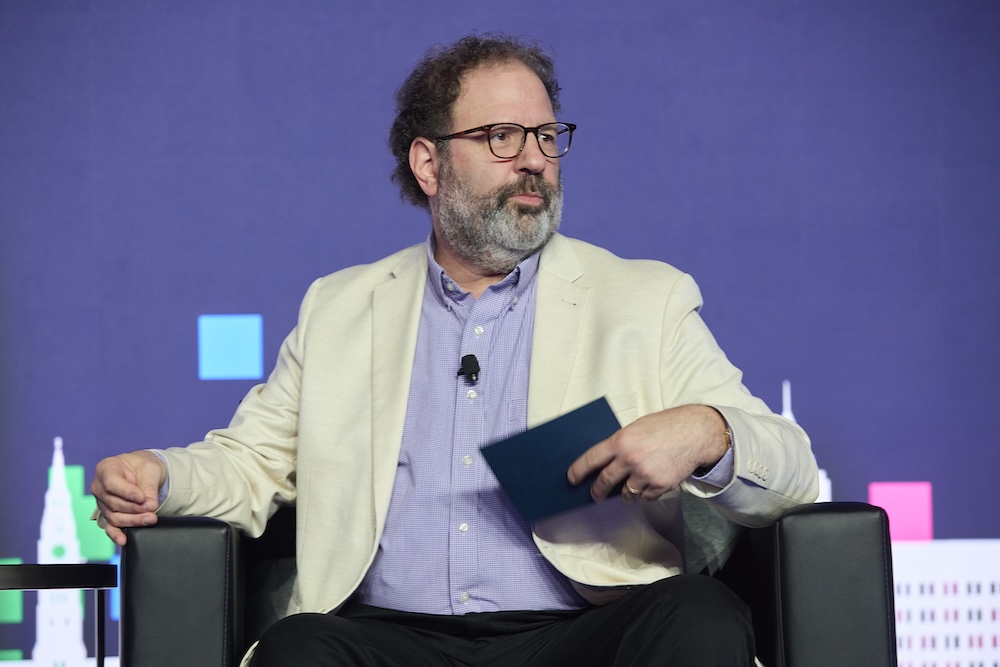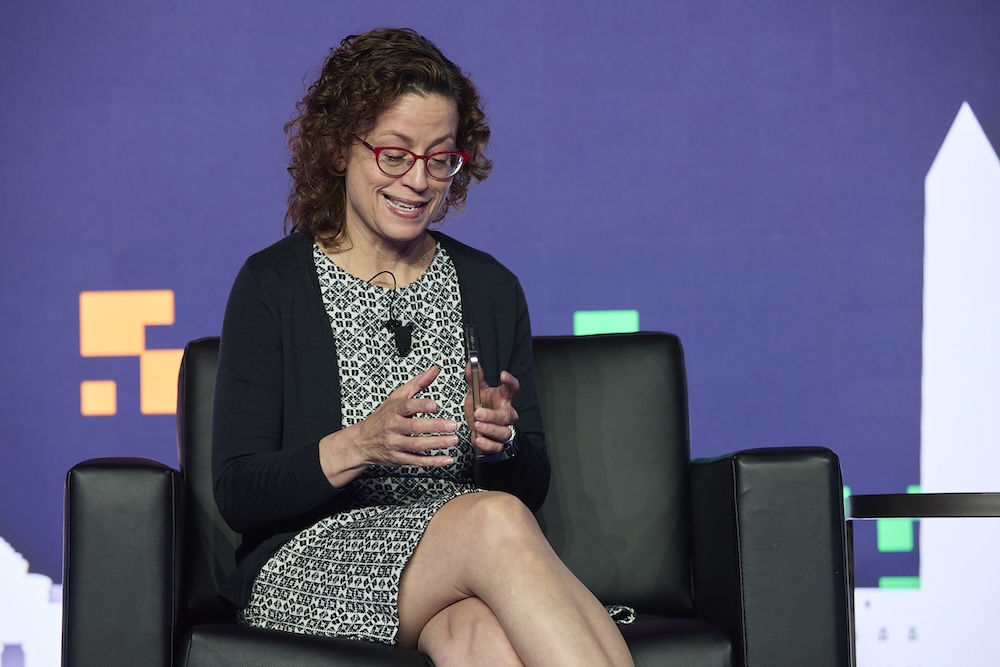-
Fraud Mitigation & Data Integrity
Essential tools for trust, integrity, fraud prevention & regulatory compliance.
- Driving Confidence in Telecom Through the Trust Framework
- RealNumber DNO – Prevent Fraud on Voice & Text
- RealAgent – Avoid Potential TCPA Violations
- RealBrand – Reinforce a Phone Number’s Identity & Reputation
- Global Number Range – Gain Authoritative Number Intelligence
- Live Status – Query Real-Time Mobile Number Intelligence
- Number Portability Query – Access Accurate Local & Global Number Portability Details
-
Routing Optimization
Gain access to authoritative routing data to create the ultimate routing intelligence for your traffic.
-
Number Administration
Empowering connectivity as the FCC appointed administrators for critical numbering registries.
-
Connected Device Intelligence
Gain total transparency to your IoT assets’ current state and vulnerabilities.
Insights
Fireside Chat with the FCC: Strengthening Trust Through Policy and Connectivity

The 2025 Somos Summit brought together global thought leaders, industry experts and innovators to explore the intersection of Trust, Technology & Transformation. Held just outside Washington, D.C., this year’s event featured insightful sessions and meaningful conversations focused on advancing the telecom ecosystem and shaping the future of trusted communications.
We were honored to have Federal Communications Commission (FCC) Commissioner Anna Gomez join the Somos Summit stage for an in-depth discussion with Somos’ own Joel Bernstein, VP and Head of U.S. Public Policy and Government Affairs, on the Commission’s current priorities and the challenges of protecting consumers in an evolving communications landscape.
Commissioner Gomez addressed the recent Jarkesy and Loper Bright Supreme Court decisions, which could affect how agencies like the FCC enforce rules. “These are two very significant decisions,” she said, explaining that the FCC remains bound by the Communications Act. “We are an expert agency… and we’re watching to see how the lower courts implement the Supreme Court’s decisions. I always try to hew to the Communications Act – I think it works for what we do.”
Turning to the ongoing fight against robocalls, Commissioner Gomez previewed new measures designed to help consumers better identify who is calling. “We’re looking at going beyond STIR/SHAKEN and using what’s called call data to make sure that consumers get more information about who is calling them,” she said. But she also voiced concern over a proposal to eliminate company specific Do Not Call (DNC) lists. “I think that’s crazy,” she said. “I don’t understand  why in this environment we would want to make it easier for robocalls to target consumers.”
why in this environment we would want to make it easier for robocalls to target consumers.”
Commissioner Gomez discussed the FCC’s recent enforcement actions, including removing noncompliant providers from the Robocall Mitigation Database (RMD). “We expect companies to comply with the rules,” she said. “After multiple notices, we finally said, we’re taking you off the list. You’re not going to be able to pass calls on. That is an extreme measure – but it was meant to get the attention of legitimate providers.”
On the Universal Service Fund, Commissioner Gomez warned that without congressional action, it could become unsustainable. “We need everyone, everywhere to be connected,” she said. “I see this becoming not just a digital divide, but a digital chasm.” She called on Congress to modernize the fund, noting, “At this point, we really need Congress to amend the Act to enable us to provide a sustainable Universal Service Fund mechanism.”
She closed by reminding the audience of the FCC’s purpose. “Everything we do is for the benefit of consumers,” she said. “Whether it’s fighting fraud, ensuring affordable service, or making sure first responders have what they need – our mission is simple: to protect the people we serve.”
KEY TAKEAWAYS
-
Expertise remains essential: The FCC continues to rely on its statutory authority and technical expertise amid changing court standards.
-
Transparency builds trust: New call data measures will help consumers identify legitimate callers and reduce scams.
-
Compliance protects consumers: Enforcement actions like database removals reinforce accountability across the telecom ecosystem.
-
Universal access must endure: Sustaining the Universal Service Fund is critical to closing the “digital chasm.”
-
Public service is the purpose: Every FCC decision should ultimately benefit consumers and communities.
Experience the full conversation at your convenience by watching the on-demand recording today!
Stay Connected
Stay in touch! Sign up for our monthly newsletter.
Need to reach us sooner? Call, text, or email us at:
844.HEY.SOMOS help@somos.com